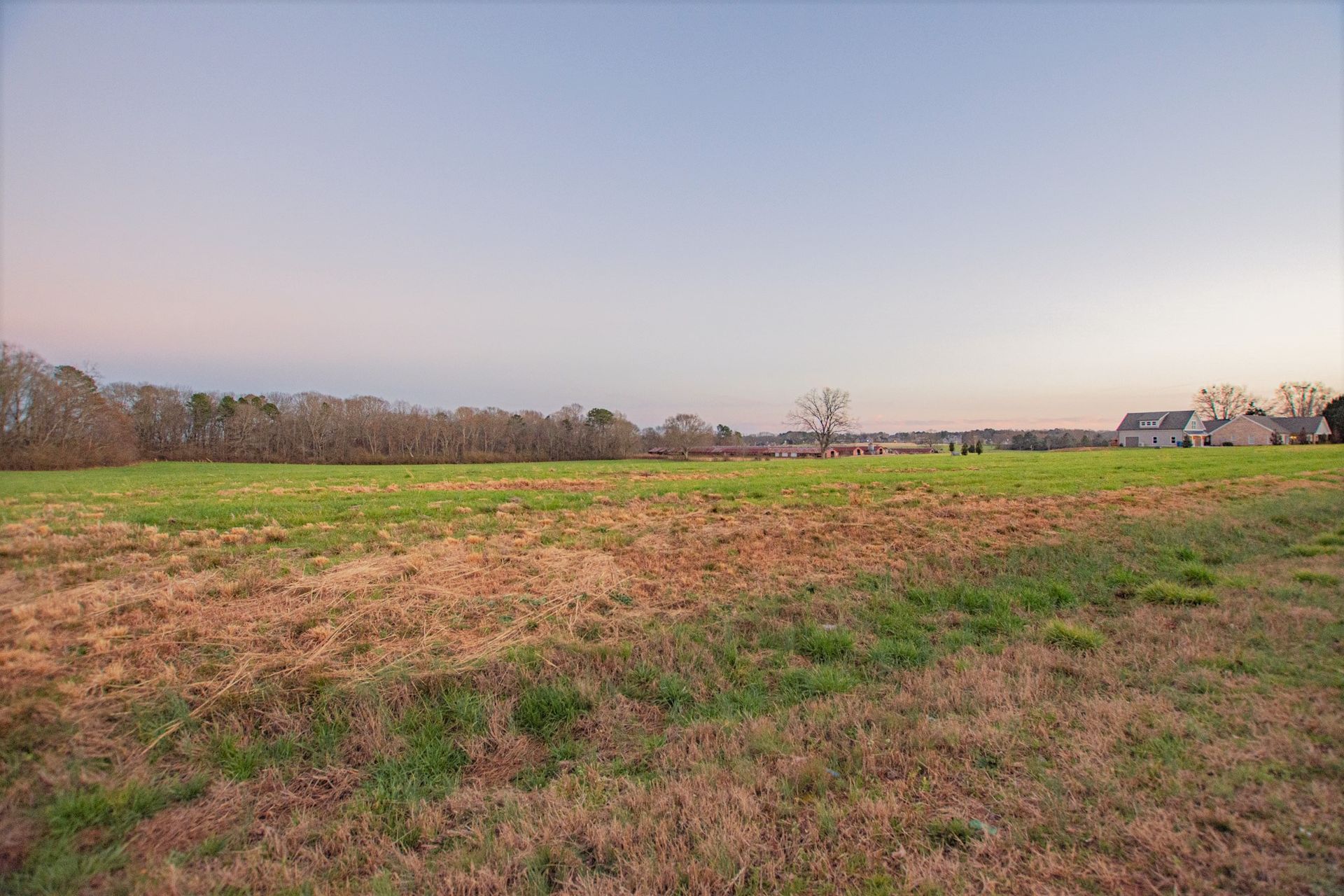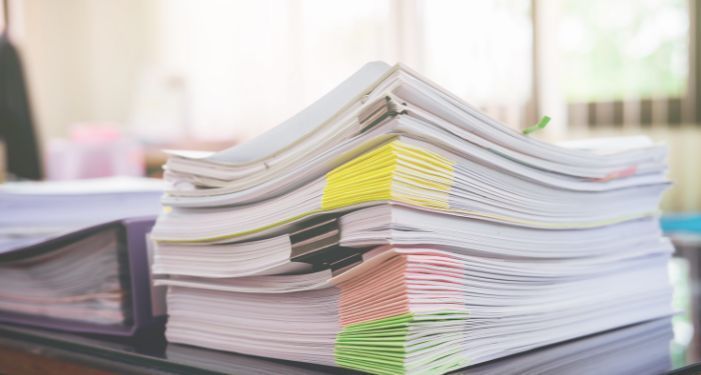1031 Exchange Explained
What is so great about 1031's?

Most people are aware of the tax benefits of a successful exchange. It allows you to sell a business or investment property and purchase a new one and defer the capital gains tax as long as the properties are considered 'like-kind'.
But what about a failed exchange? Well, even a failed exchange has its benefits. When a sale is made late in the year and the funds are held by the intermediary until after December 31 and no purchase is made, the tax liability of the sale may be deferred to the year the funds were disbursed.
What if the perfect investment property is available now?
You could make that purchase utilizing a Reverse 1031. In a Reverse 1031 exchange, the process is reversed but the benefits are the same. The investor buys a new property and then has 180 days to sell the old property (which should be of equal or lesser value than the new property).
Most people aren't aware of the benefits of 1031 Exchange in terms of estate planning.
Since tax liabilities end with death, so if the property that was purchased through a 1031 Exchange is not sold, heirs get the stepped-up value of the property and aren't typically expected to pay tax on the gains.
Consider this example:
Earlier this year we assisted a client with the sale of land that had been in their family for decades. It had value as an asset, but it was costing them money in taxes and upkeep annually. They initiated a 1031 Exchange and we listed the land. At the same time, we were able to identify four income-producing properties for them to purchase with the funds from that sale. In doing so, they not only deferred the capital gains, but they are now receiving close to $50k per month in income from the newly purchased properties.
Is your real estate working for you? If not, let's talk.
Always speak to a certified tax professional before initiating any transaction that may have tax-related implications.







